Cher Henry,
Vous n’étiez pas encore Secrétaire d’Etat. Vous n’aviez pas encore proclamé « l’année de l’Europe », qui devait enflammer votre collègue français Michel Jobert. Mais, comme « National Security Adviser », vous aviez déjà atteint la gloire, avec le voyage de Nixon en Chine ou encore les accords de Paris avec le Vietnam.
Ce n’est pas seulement comme intellectuel d’action que vous étiez une star dans le monde entier, mais aussi en raison de votre empathie naturelle qui vous portait avec succès vers les milieux les plus divers, jusqu’à Hollywood.
Pendant ce temps, il y avait un jeune Français qui avait commencé sa vie professionnelle comme économiste mathématicien. C’est au printemps 1973 que je me suis plongé dans l’univers des relations internationales lorsque Jobert – tout juste nommé ministre français des Affaires étrangères par le successeur du général de Gaulle Georges Pompidou – m’a demandé de mettre en place puis de diriger un « Centre d’Analyse et de Prévision » (CAP) auprès de lui, et en fait pas très loin du président de la République.
Au niveau qui à l’époque était le mien, c’est d’abord vers le National Security Council – auquel vous aviez imposé une nouvelle méthode de travail – qu’avec mon équipe nous nous sommes penchés pour construire notre CAP. Ma première grande lecture dans le domaine des relations internationales fut A World Restored : Metternich, Castlereagh and the Problems of Peace 1812-1822. Je fus d’autant plus sensible à votre approche du problème de la paix qu’en tant qu’économiste, j’étais un théoricien du concept d’équilibre. Du point de vue philosophique, j’en retrouvais les idées fondamentales dans votre thèse de Harvard. J’en tirais une immense satisfaction intellectuelle. Votre doctrine, si décriée par les idéologues de droite ou de gauche, aux Etats-Unis ou à l’extérieur, m’a toujours semblé conforme à la voie de la sagesse. Le principe sous-jacent au concept d’équilibre est qu’aucune paix durable – donc adaptable en fonction de l’évolution du contexte – n’est possible si les principaux acteurs du système international n’acceptent pas de reconnaître une place aux intérêts de leurs concurrents ou adversaires. Ceci même s’ils peuvent être en désaccord sur la nature de ces intérêts. Autrement dit, il faut admettre l’hétérogénéité idéologique du système international. Un équilibre international ou même régional, ce n’est pas seulement un rapport de force (Balance of power) mais un rapport d’intérêts (Balance of interests), soutenu par des règles du jeu (rules of the game). Il s’agit donc d’un double rapport qui, par voie de négociation perpétuelle comme disait Richelieu, doit être constamment ajusté. Je vois dans cette approche une forme de réalisme qu’il est faux de confondre avec le cynisme, comme l’ont trop souvent assuré vos adversaires et ceux qui ont cherché à vous contrer, non par la réflexion et les arguments, mais par la haine et par la violence.
Vous vous êtes toujours trouvé, comme ceux qui partagent votre façon de penser, devant une difficulté difficilement surmontable : la tendance naturelle de ceux qui parlent des relations internationales est de suivre la pente de l’éthique de conviction plutôt que celle de l’éthique de responsabilité (Max Weber). Vous avez toujours relativisé la tentation qu’a chacun d’essayer d’imposer ses intérêts en les masquant derrière le paravent de la morale.
Certains vous ont reproché de mépriser le droit international et de peu vous intéresser à ce que, depuis les années 1980, on appelle la « gouvernance mondiale ». Certes, rien ne vous a prédisposé au wilsonisme. Néanmoins, il me semble que si en effet l’idée d’une paix universelle par le droit reste une illusion, l’idéal d’une gouvernance mondiale dans le cadre de la Charte de l’ONU est compatible avec le concept d’équilibre des intérêts stabilisé par des règles du jeu. Je parle d’idéal, car dans ce domaine le chemin ne peut être que long, très long. C’est celui que nous avons emprunté avec la construction de l’Union européenne. C’est aussi celui que je crois discerner en observant l’évolution de votre pensée, à l’ère numérique. Il y a là en tous cas une voie que les personnes de bonne volonté, partout sur la planète, doivent approfondir tant sur le plan théorique que pratique.
Je reviens à mes jeunes années. Dès votre nomination comme Secrétaire d’Etat, nous avons établi un lien avec votre Policy Planning Staff et son directeur, Winston Lord, l’un de vos plus proches collaborateurs, ainsi qu’avec votre conseiller spécial Helmut Sonnenfeldt. J’ai rapidement noué des relations aussi amicales que fructueuses avec les deux, ainsi qu’avec l’adjoint de Winston Lord, Reginald Bartholomew. Grâce à eux, j’ai pu avoir l’impression de pénétrer un peu dans votre mode de fonctionnement, qui me fascinait.
Mon admiration n’a jamais été restreinte à l’extraordinaire synthèse entre la pensée et l’action que vous incarnez. Je me souviens de votre discours à l’Assemblée générale des Nations Unies en septembre 1974. Assis sur un fauteuil devant la première rangée de l’assistance, se trouvait un homme âgé et frêle, que je voyais de dos. Vous vous adressiez au monde, mais n’aviez de regard que pour lui. Cet homme était votre père. Cette scène m’a profondément ému. Très longtemps après, je vous l’ai racontée un soir, lors d’une réunion du Bilderberg. Il m’a semblé apercevoir quelques larmes dans vos yeux.
Notre première véritable rencontre grâce à Winston Lord et Helmut Sonnenfeldt, fut autour d’un « dîner de travail » en petit comité, le 30 septembre 1976. Je fus subjugué par la hauteur et la cohérence de vos analyses, mais aussi par votre bienveillance vis-à-vis du débutant que j’étais encore. C’est à cette occasion que j’ai compris que la gloire ne vous avait pas grisé. Par exemple, je ne vous ai jamais entendu parler de Jobert qu’avec bienveillance. Né Allemand, devenu une sommité aux Etats-Unis et dans le monde, je vous ai toujours vu respecter mon pays. Comme l’humour avait toujours sa place autour de vous, en ce jour de la fin septembre 1976, j’ai passé à Helmut ce billet : « HK would have been a very good Director of your Planning Staff ». Réponse de Helmut : « He will be available to you after January 20 ». Effectivement, quelques semaines après, Jimmy Carter était élu président des Etats-Unis.
Près d’un demi-siècle s’est écoulé depuis, au cours duquel, parfois avec nos épouses Nancy et Marie-Christine, nous n’avons cessé de nous voir et d’échanger nos vues sur les problèmes du monde, les grands et les petits, à Washington, New York ou Paris. Mais aussi à l’occasion de conférences internationales comme, environ 35 fois, le trop célèbre Bilderberg. Je n’ai cessé d’admirer votre capacité d’écoute, une forme d’humilité et une sensibilité surprenantes pour qui ne vous connaît pas. Votre exceptionnelle fidélité aussi envers vos amis n’est pas la moindre de vos qualités humaines. Marie-Christine et moi gardons un souvenir très fort de votre venue à Paris pour célébrer le centenaire de notre ami commun, le grand ambassadeur de France que fut François de Rose. C’était le 13 octobre 2010. Nancy et vous aviez organisé un dîner – celui-là aussi très restreint – en l’honneur de notre ami. Une soirée d’une grande densité affective. David Rockefeller, auquel beaucoup de beaux souvenirs me ramènent, était comme vous venu tout exprès de New York. En 1974, au Bilderberg, il m’avait présenté à son frère Nelson, une personnalité importante dans votre propre histoire. Vous aviez prononcé une allocution éblouissante. A propos de la Chine, vous aviez observé que la difficulté provenait de son manque d’expérience du vaste monde. Marie-Christine et moi nous souvenons aussi du charme et de la gentillesse de Nancy.
Alors que l’on célèbre votre propre centième anniversaire, vous continuez à scruter les évolutions de la planète et à inspirer celles et ceux qui cherchent à les comprendre pour mieux agir en vue d’éviter le retour aux grandes tragédies de l’histoire, comme celle qui a marqué votre enfance. Puisse l’autorité que vous confère votre carrière contribuer à éviter le pire.
Je m’associe avec joie aux vœux que vos amis et admirateurs vous adressent.
Thierry de Montbrial
Fondateur et président de l’Ifri
Membre de l’Académie des sciences morales et politiques

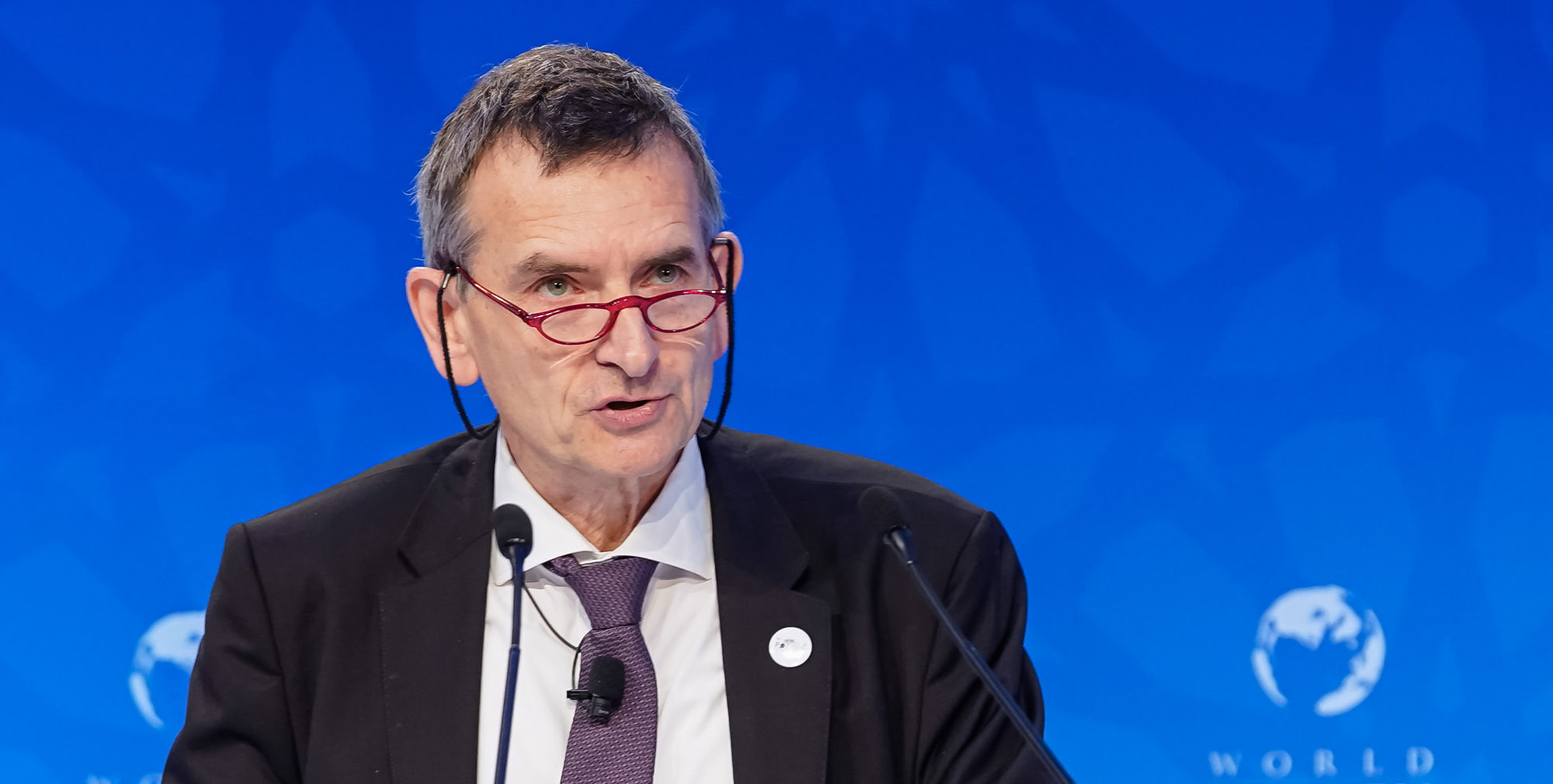
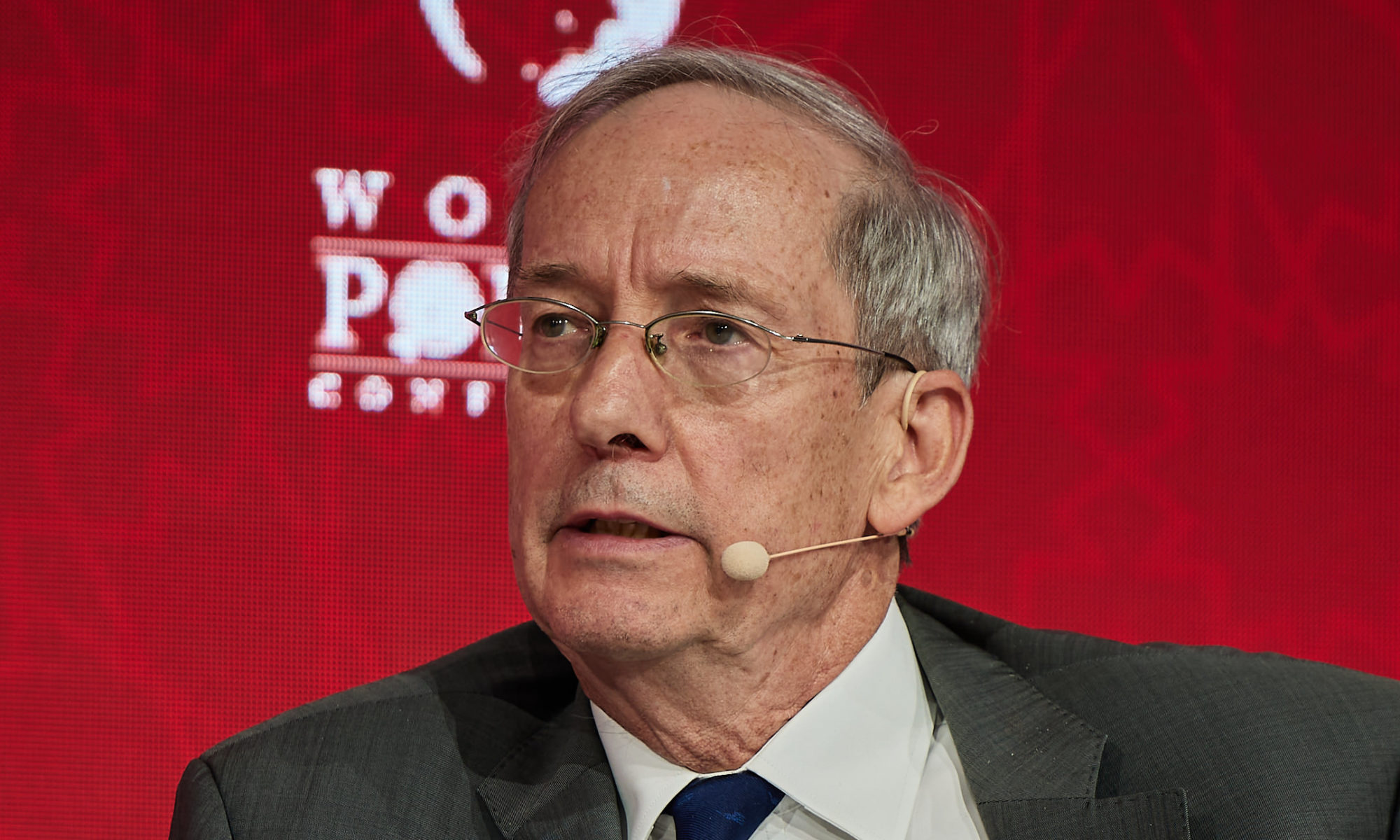


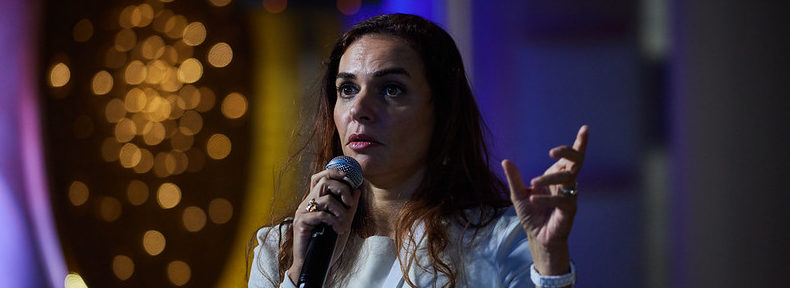
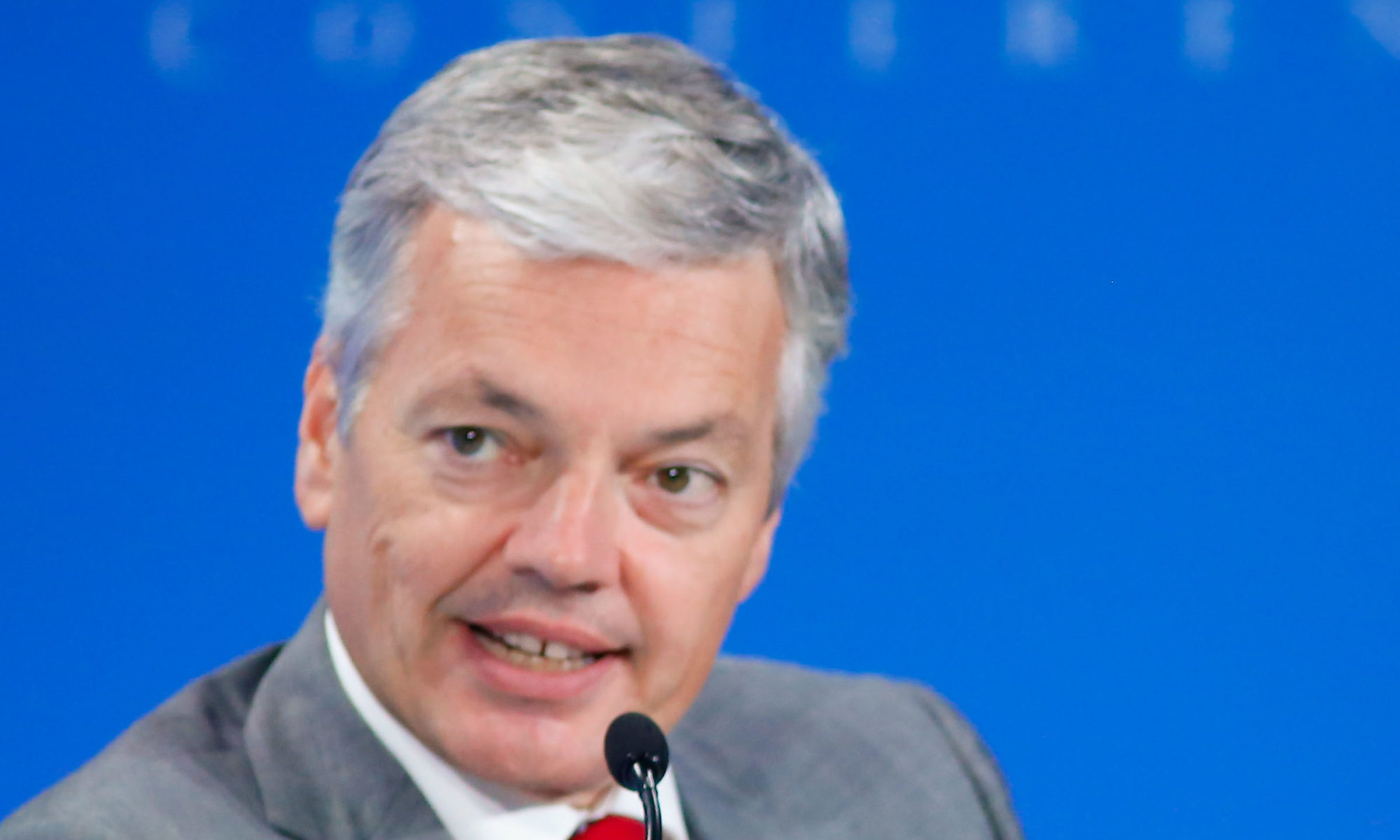
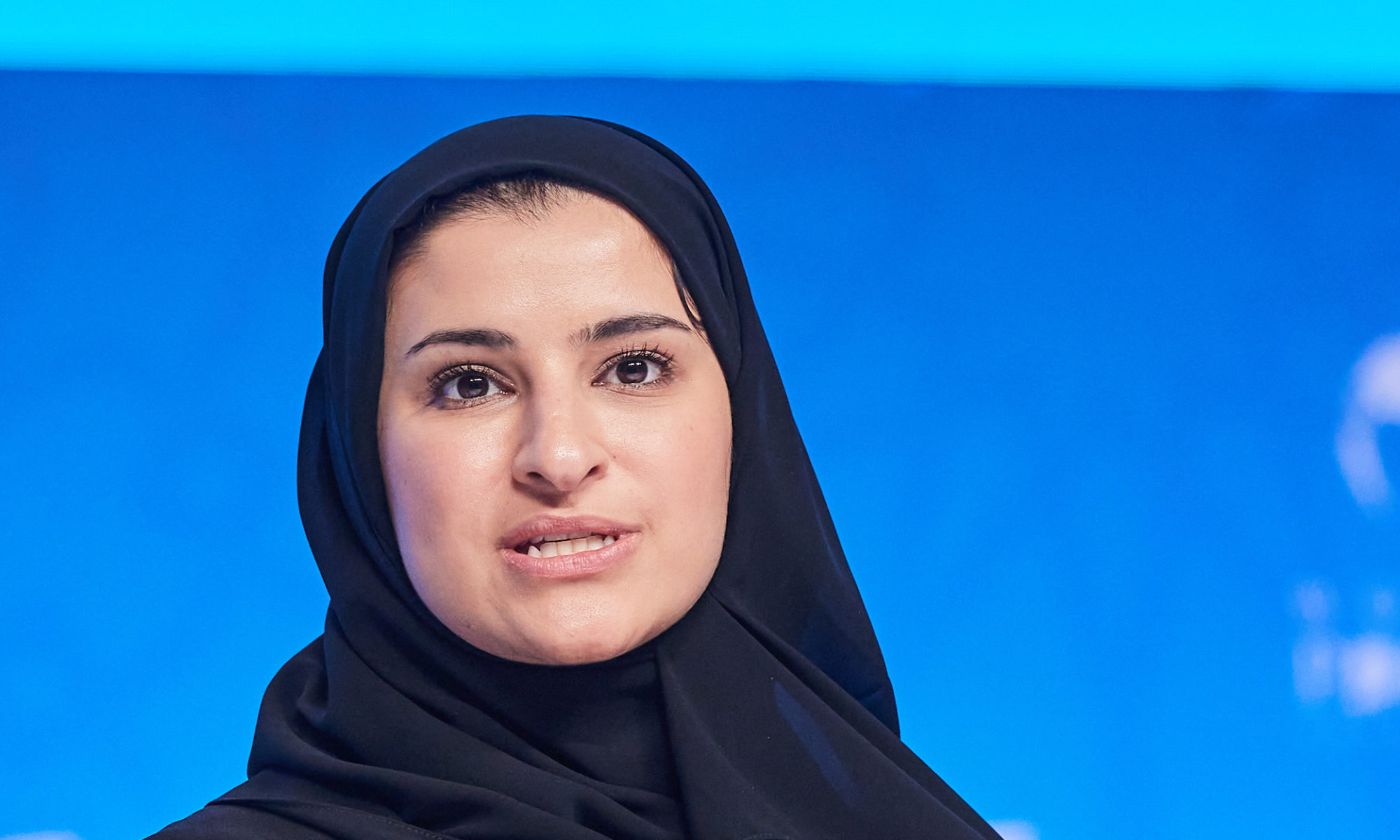
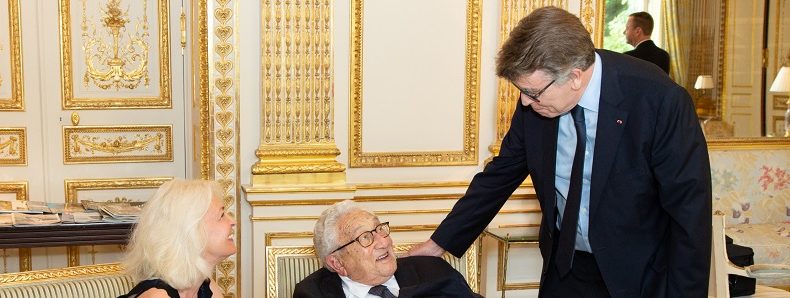

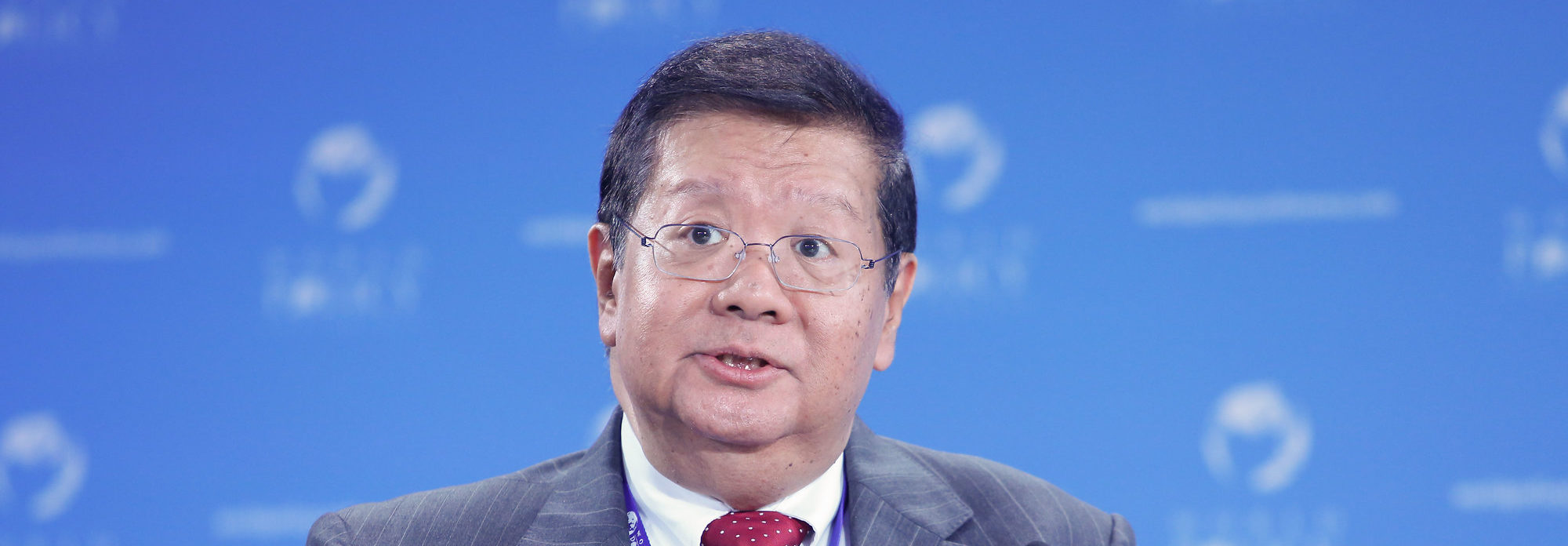
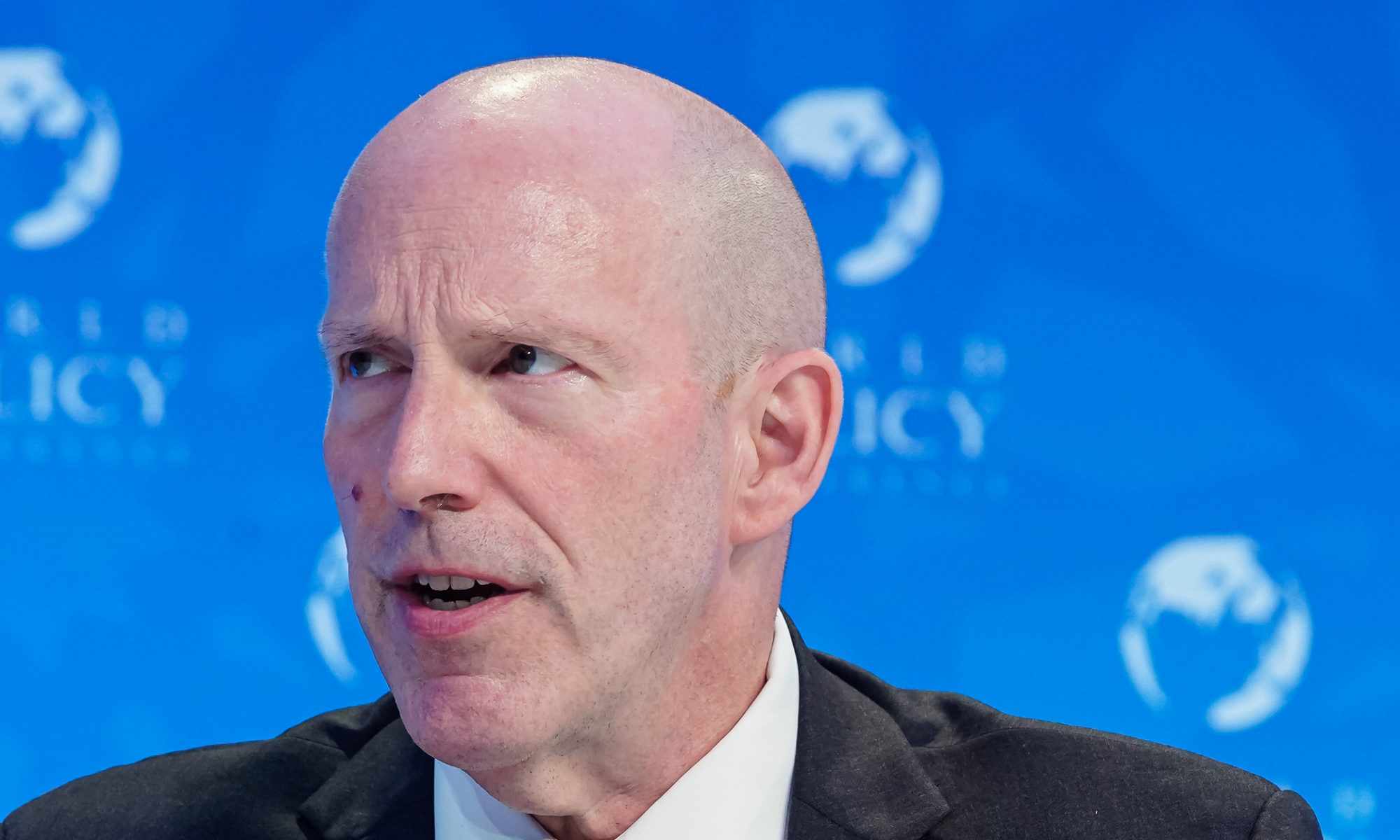



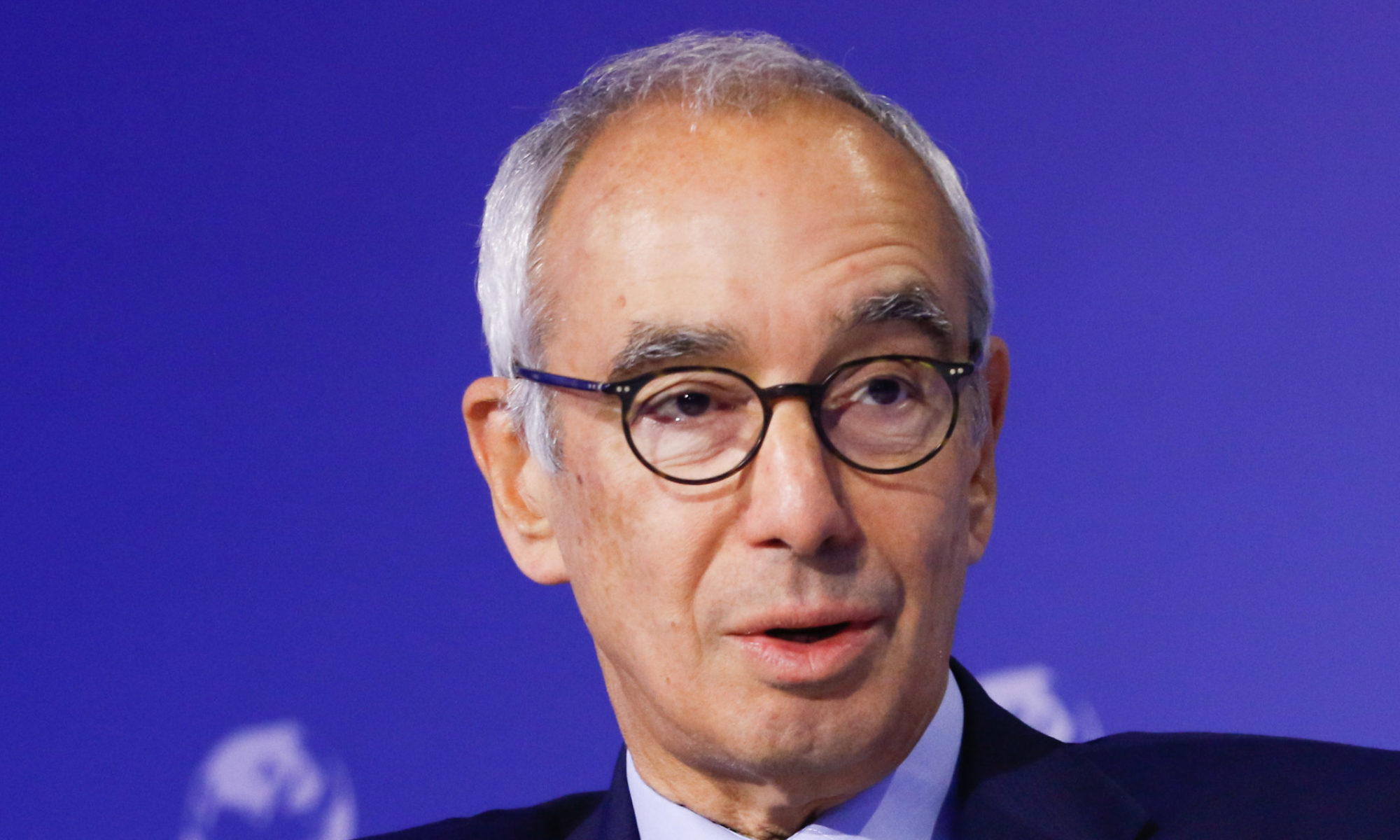
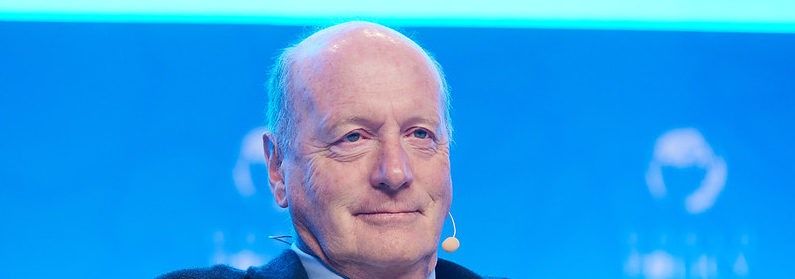
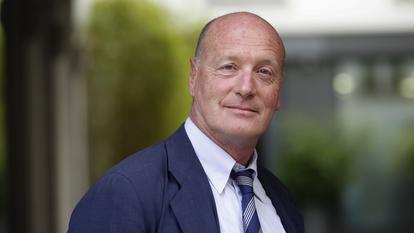

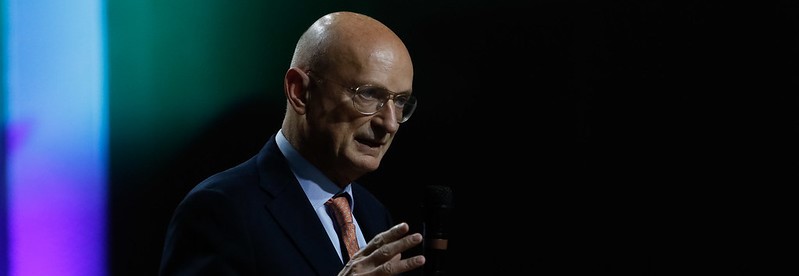


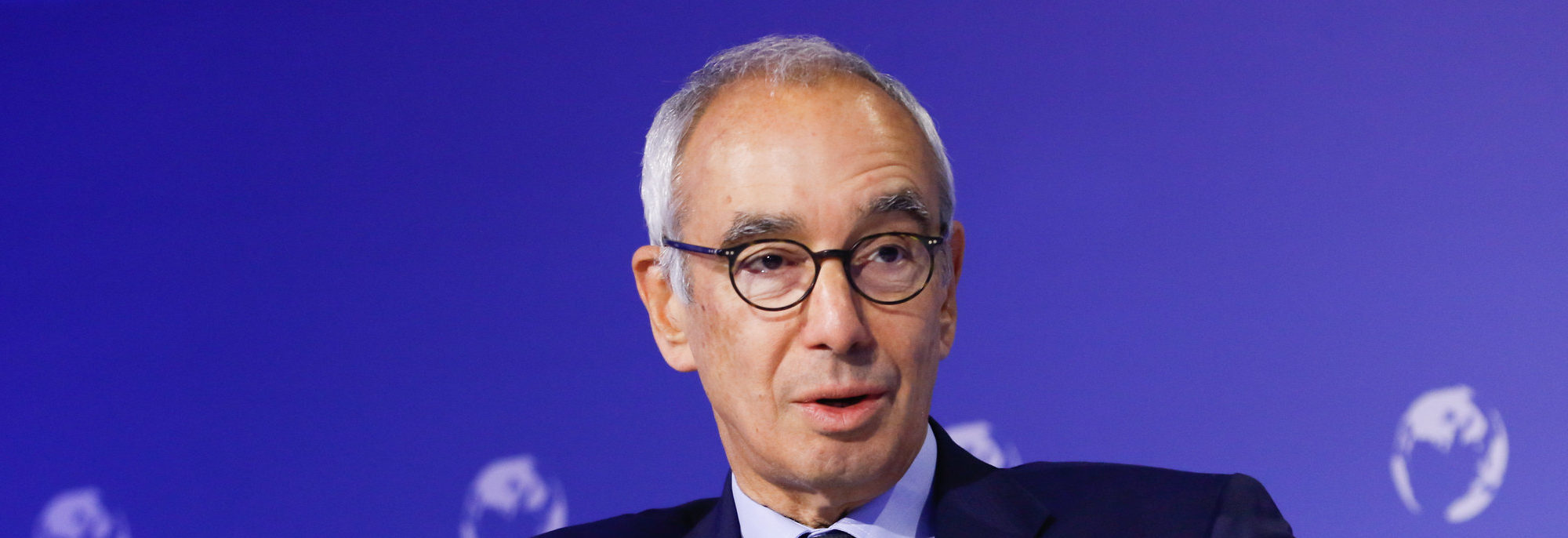



PARIS – In recent weeks, there has been no shortage of speeches by prominent leaders discussing their countries’ relationships with China and the potential economic fallout of geopolitical fragmentation. This is a welcome, if much-belated, discussion. But it must address a fundamental question: Can rivalry and economic integration coexist and, if so, under which terms? The answer will determine the fate of the global economy.
In February 2020, Jennifer Harris and Jake Sullivan published an article highlighting the need for a shift in economic thinking. When it came to managing globalization, they noted, foreign-policy professionals have largely deferred to the “small community of experts who run international economic affairs.” They urged national-security specialists to step up, recommended a proactive stance on public investment, and advocated a more guarded approach to trade opening.
Geopolitics and international economics have long operated under two distinct paradigms. Foreign-policy experts often see global politics as a zero-sum game in which one country’s gain is another’s loss. By contrast, economists tend to focus on the potential for mutual gains from multilateral cooperation and market-led integration. These contradictory paradigms were married to each other by the shared belief that trade and openness were in the best interest of the United States. America’s hegemonic status had its drawbacks, but the benefits outweighed the costs.
[…]
Read the article written by Jean Pisani-Ferry on the Project Syndicate website.